INTRODUCTION
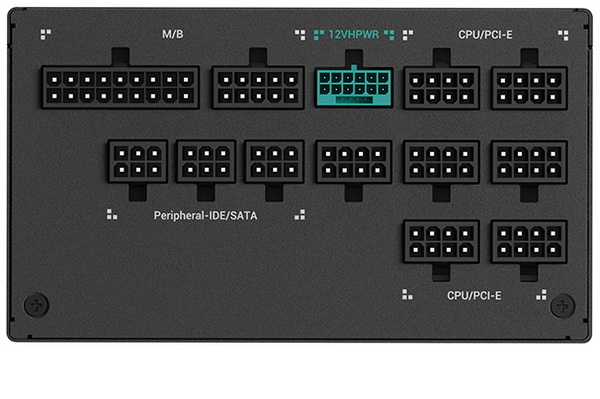
With AMD, NVIDIA and Intel all gearing up to unveil their upcoming GPUs this is probably the best time for people who are looking to upgrade their power supply units (or built a new system) to do so. As always having too many choices in the market is a double edged sword since on one hand it's always good to have variety but at the same time choosing is not the easiest task when you have that many models in front of you. DeepCool made a name for themselves with their very good CPU cooling solutions but for the past 3-4 years their power supply solutions have also gained ground and today with me I have one of their latest models, the PX1000P.
Established in 1996, DeepCool is a global brand in designing and manufacturing high-performance computer components for enthusiasts worldwide that includes CPU coolers, PC cases, Power Supplies, Peripherals, and more. With a strong background in independent research and development, DeepCool continues to provide high-quality products, premium customer service, and incredible value to our dedicated customers.
The latest PX-P line of fully modular ATX 3.0 & PCIe 5.0 power supply units includes just two outputs (1000/1300W) both of which are 80 PLUS Platinum certified (up to 92% electrical efficiency) and feature semi-digital interleaved PFC, full-bridge LLC topology and DC to DC dual main capacitor design. The 1000W variant which I have here with me today sports a single strong +12V rail (83.3A) capable of outputting roughly 99.9% of the units’ total power output (999.6W), has a peak power output of 1138W (up to 2000W for 100ms according to ATX 3.0 specs – typically this is not something I can test however), secondary minor rails with a total output of 138.6W, 600W 12VHPWR PCIe cable, low profile (flat) cables, 5 PCIe 6+2 pin connectors, 120mm FDB (fluid dynamic bearing) fan semi-fanless mode, 100% Japanese capacitors and an array of electrical protections including over-current (OCP), over-voltage (OVP), over-power (OPP), surge and inrush protection (SIP), over-temperature (OTP), short-circuit (SCP), no load operation (NLO) and under-voltage (UVP). Unlike past lines DeepCool has once again given the maximum warranty at their disposal so the PX1000P/PX1300P models are both covered by a generous 12-year limited one.
SPECIFICATIONS AND FEATURES

PACKAGING AND CONTENTS
The company logo, product name, efficiency certifications and a large product picture are all placed at the front of the box.
At the rear we find the efficiency and noise levels graphs, specifications list, electrical table and the available modular cables.
Packaging is good with the bundle placed inside a second cardboard box and he PX1000P wrapped inside a plastic bag and placed between two pieces of foam.
Along with the PX1000P, its power cord and its flat (low profile) modular cables inside the box you'll also find 10 cable ties, 4 cable straps, 4 mounting screws, tester, information paper, product manual and the user guide.
THE PX1000P EXTERIOR
The PX1000P comes with a single +12VHPWR connector (1st gen) as it's expected for a PSU of its capacity.
As with past models the PX1000P measures 160mm in length, 150mm in width and 86mm in height.
DeepCool decided to go with an 120mm FDB (fluid-dynamic bearing) fan this time over which sits behind a nice looking chrome grille.
On both sides of the unit, we find the company initials.
Typically, the electrical table is printed on a sticker at the base of the unit.
The 13 modular ports at the front are tagged and in the case of the +12VHPWR port it's also color coded.
At the rear we find the usual honeycomb perforation along with the on/off power switch, on/off hybrid fan mode button and the power port.
THE PX1000P INTERIOR
Ong Hua (Honghua Electronic Technology) is the manufacturer behind the high-speed 120mm FDB fan.
Based on both the design/topology and available numbers this is clearly a CWT (Channel Well Technologies) model.
The two primary capacitors are manufactured by Rubycon and Nippon Chemi-Con and are certified for use up to 105 degrees Celsius.
All secondary capacitors in my sample were manufactured by Nippon Chemi-Con and again certified for use up to 105 degrees Celsius.
TEST BED
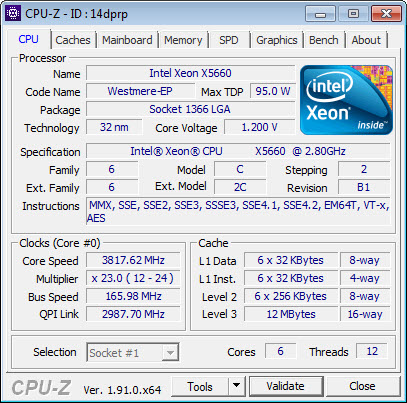

TESTING METHODOLOGY
Using a dedicated measurement instrument such as a Chroma or a SunMoon to test power supply units is without doubt the most ideal and accurate way (not to mention the fastest) to do that currently. However, it's certainly not the only way there is and so pretty much anyone can test a power supply unit just by using a test rig. Certainly, limitations do apply and so you can't really push a 1000W power supply to its limits if your system only uses 500W at peak loads and that's why over the years we saved certain hardware components for the purpose of building a dedicated PSU test rig. True it may not be as accurate as the above mentioned solutions but it comes really close and is in fact much closer to real world usage. So as always, we ran several games with maximum graphic options enabled at a resolution of 2560x1600 in order to stress every hardware component and increase the overall power demands of the system. The Passmark BurnIn Test was also used to overstress the components in an effort to provide the most accurate results possible. As a final test we also used the latest OCCT 4.4 software and its dedicated PSU testing suite since it can really bring a power supply to its knees after inside a few minutes.
Rail stability was checked/measured with the CPUID Hardware monitor and a Metex multimeter which also recorded the system load in idle and in load. As always try to remember that the power consumption numbers listed in the graph are the highest (Peak) ones recorded during the entire duration of the tests and not the average ones. Noise levels coming from the fan were recorded using the high precision HD600 ExTech Sound dBA Meter from the rear of the unit and at a range of no more than 5-10cm. Readings under load are recorded the exact moment we manually switch the fans of all graphics cards from full speed to almost zero, that way the fan of the power supply does not have enough time to slow its RPM and so by doing this we get very accurate noise level readings. Needless to say, in order to get 100% accurate readings, you need to have a noise isolated room for that exact purpose, something which is quite impossible unless you are working inside a real lab (some people use very small noise insulated boxes but due to their size both heat and noise exceed normal levels and so the results can't really be considered to be 100% accurate, nor realistic for that matter). Also do take into account that since all noise measurements take place from just 5-10cm away the final noise levels to reach your ears will be considerably less.
* After well over 10 years of testing PSUs the Intel Core i7-920 CPU of this rig failed and so we replaced it with a Xeon X5660 (we also swapped the GA-X58A-UD7 for the G1. Assassin).
TEST RESULTS
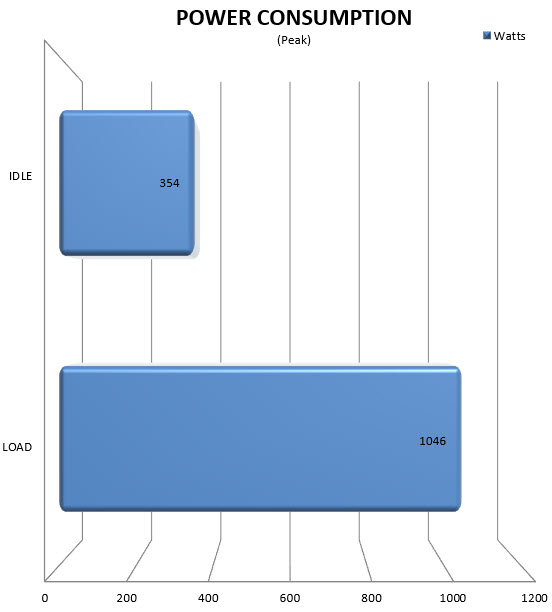
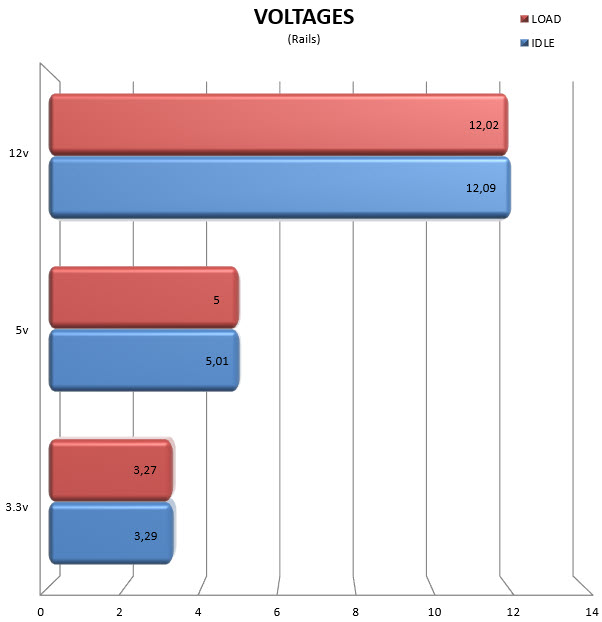
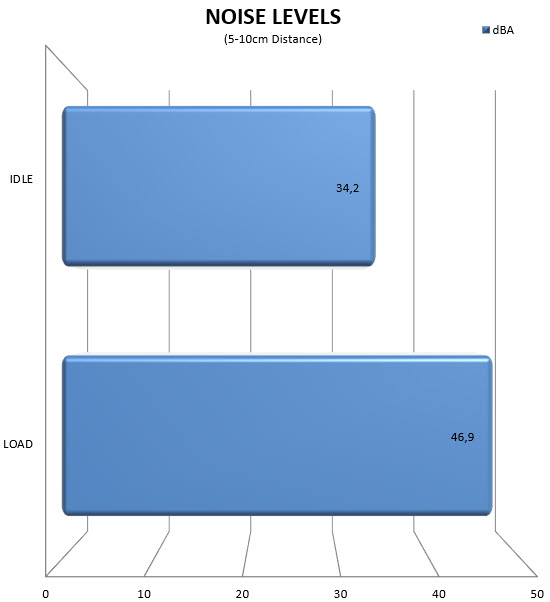
CONCLUSION
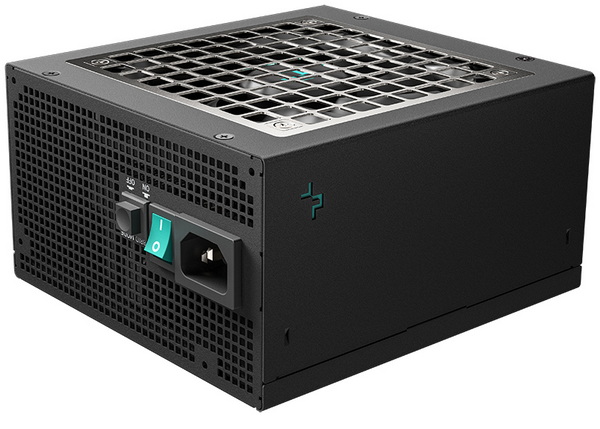
Choosing CWT again for their latest power supply units was obviously a good move on DeepCool’s behalf. Build quality is as expected very good and the same goes for rail stability (rock solid really). Being 80 PLUS platinum certified and featuring pretty much every protection imaginable for a power supply unit is obviously great as well. Not all is perfect however and so on one hand the PX1000P still has the 1st generation 12VHPWR connector and it’s also quite loud at load (from 800W and above actually). Perhaps using an 135mm fan spinning at lower speeds would have been a better choice (or perhaps a more relaxed fan profile) but it is what it is.
Right now, the PX1000P ATX 3.0 power supply unit by DeepCool retails for around 250Euros inside the EU and well, this lands it right between numerous similar ATX 3.0 & PCIe 5.0 models. Still, most of them don’t share the same build quality, efficiency, protections or generous warranty and those are more than enough for the Golden Award.

PROS
- Very Good Build Quality
- Rock Solid Rail Stability
- ATX 3.0 & PCIe 5.0
- 80 Plus Platinum Certified
- Electrical Protections (OCP/OVP/SSP/SIP/OPP/UVP/NLO/OTP)
- Hybrid Fan Mode
- Powerful Single Rail (83.3A)
- 12 Year Limited Warranty
CONS
- 1st Generation 12VHPWR Connector
- Noise Levels

 O-Sense
O-Sense





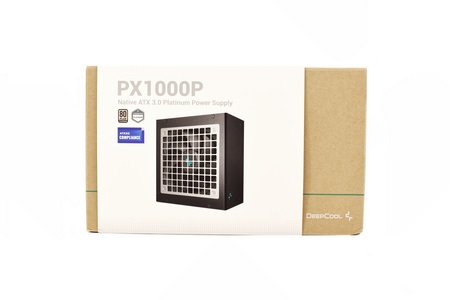
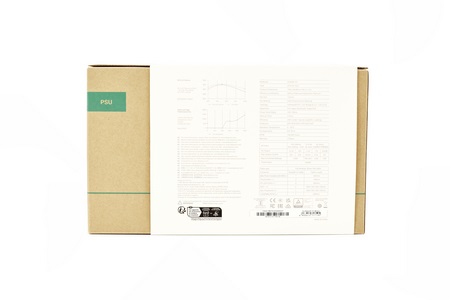
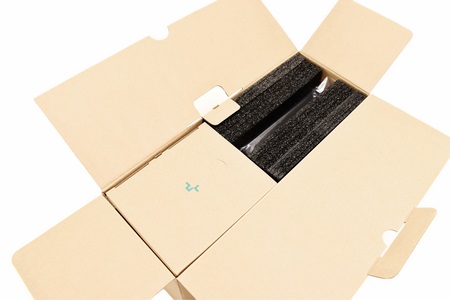
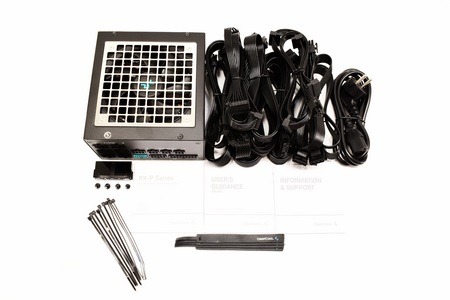
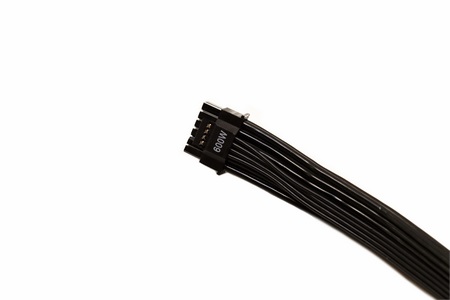
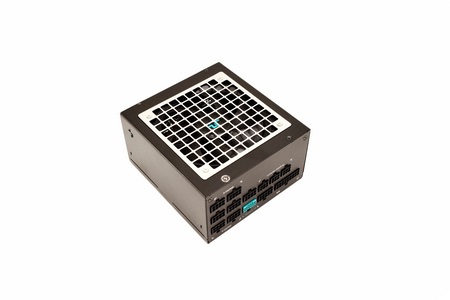
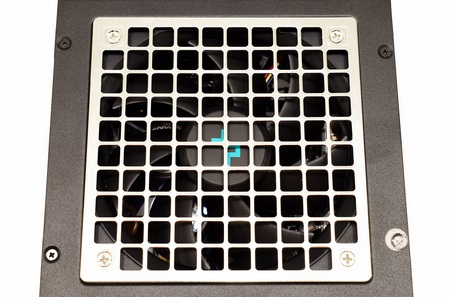
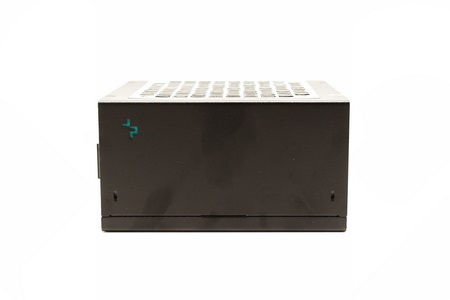
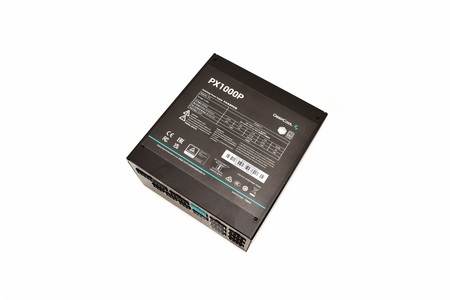
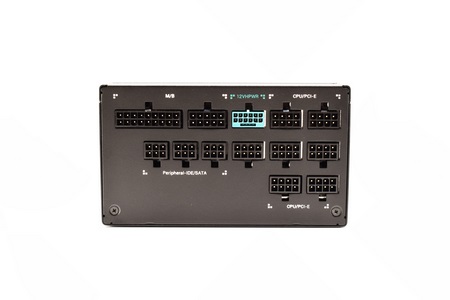
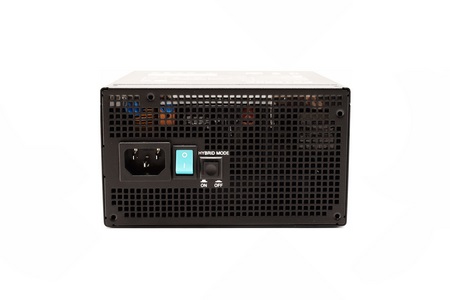
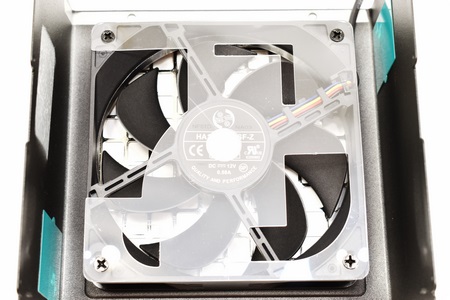
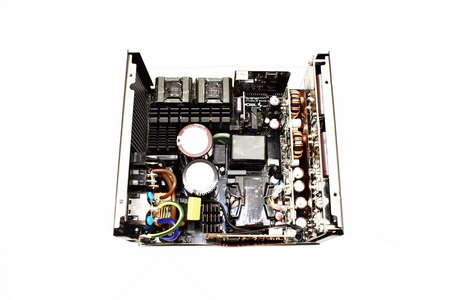
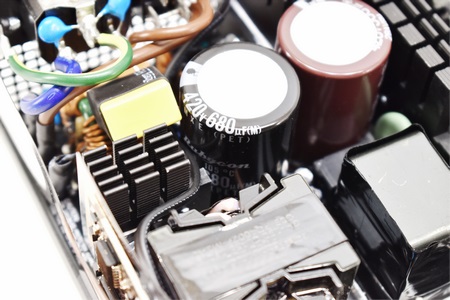
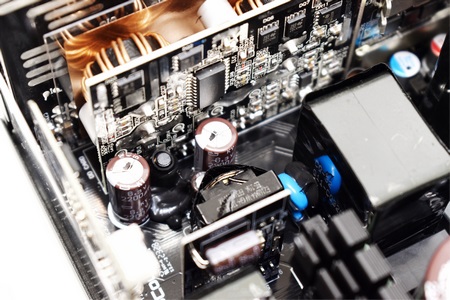


.png)

